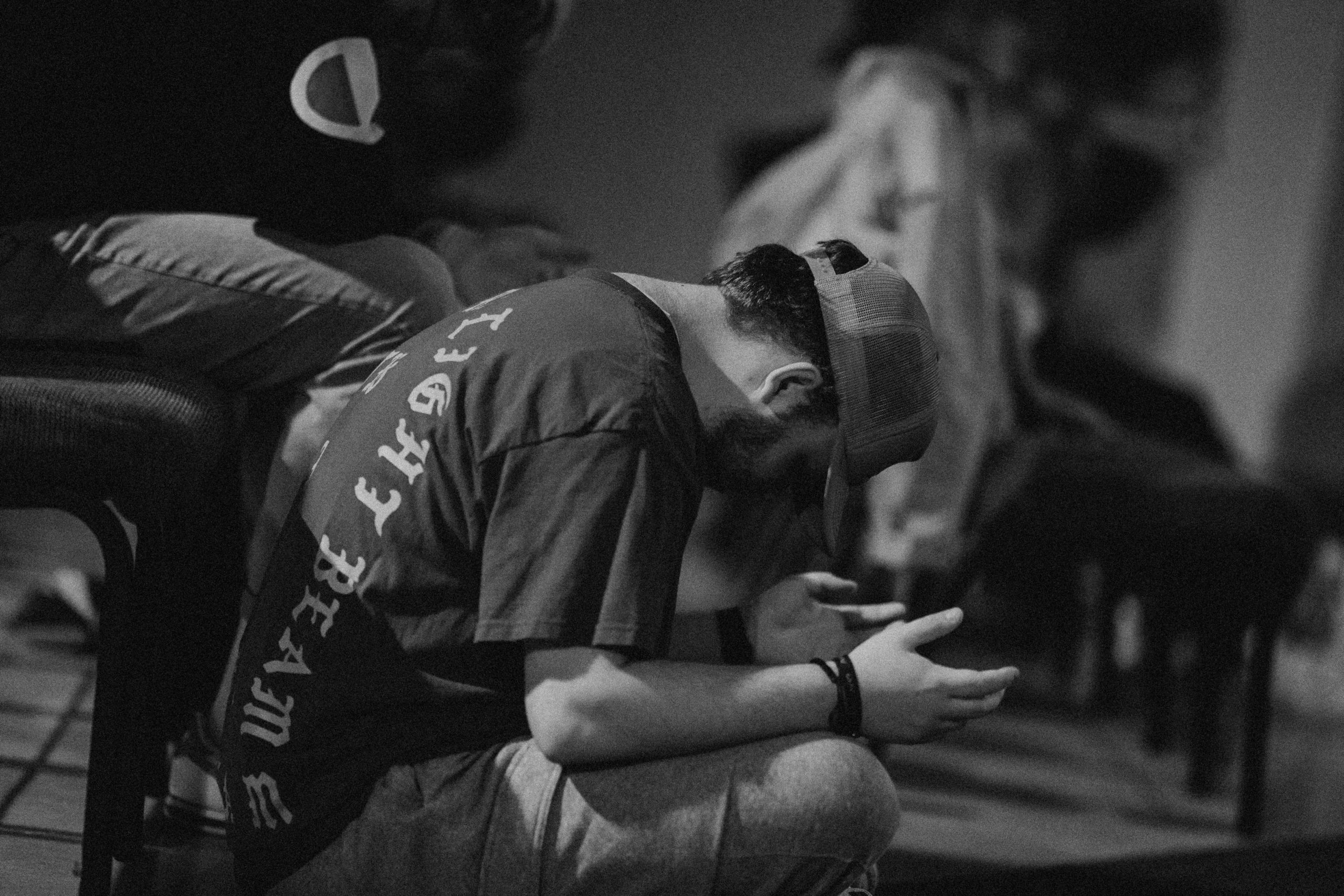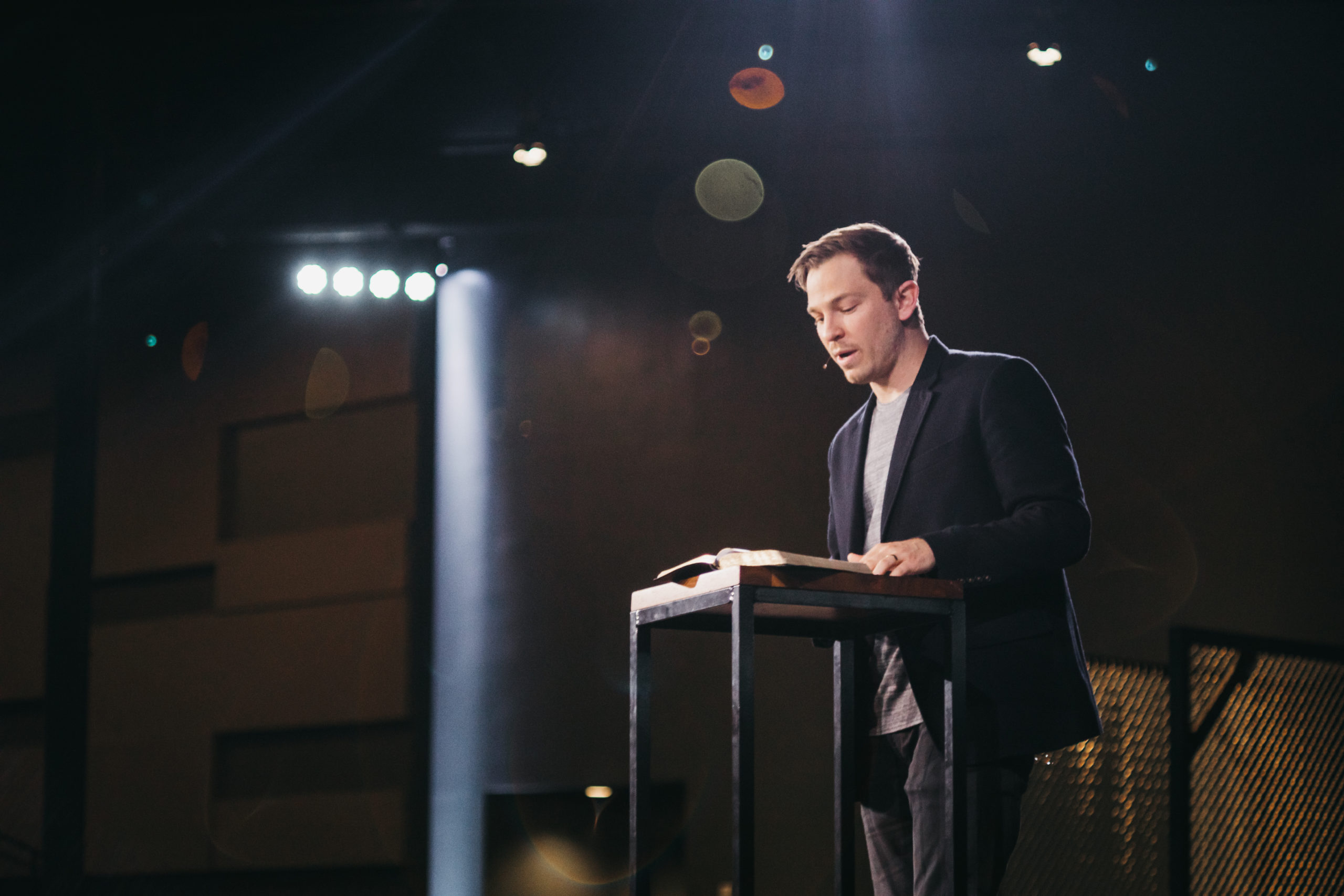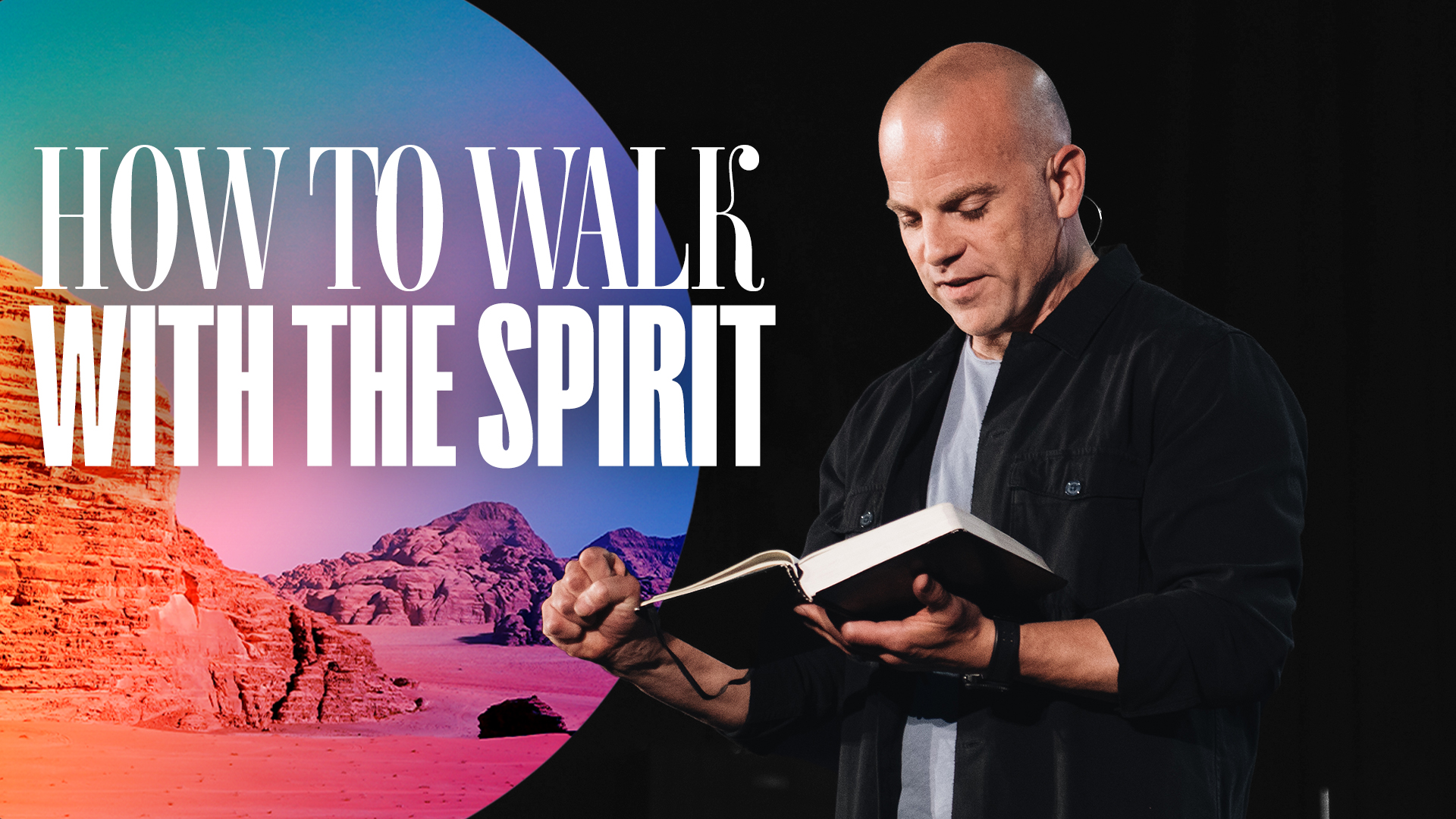For this is the love of God, that we keep his commandments. And his commandments are not burdensome.
1 John 5:3
Through our initiation and institution of the CORE theological ministry, I have witnessed an increased hunger and thirst for that good theology that has enriched and fulfilled the soul. I have been encouraged by the collective curiosity, the wanting pursuit of deeper maturity, and the collective desire for the truth that satisfies both the heart and mind of the Christ-Follower. I am delighted to say that there is an eagerness for holiness that is palpable and exciting.
And yet, if our desire for knowledge continues to increase without an accompanying revelation of the gravity and necessity of righteous obedience, then we run the risk of diluting the very theology we have so eagerly pursued.
Let me say it another way. Consider a scenario where you find yourself in a new relationship with someone, a new friend, a new romantic partner, or perhaps even a new child welcomed into your family. If your new love and admiration for that person were not coupled with a desire to act on that same love and affection tangibly, then your relationship might never flourish. This is the reality we see in 1 Corinthians 13:2-4.
We understand this truth in many areas of our lives: simply knowing something is not the same as allowing that knowledge to change you. If we genuinely want to grow and deepen in maturity, we must pair what we learn with what we do.
In life, we often call this maturity. In our spiritual journey with Jesus, we know it by another name – sanctification.
In many of our churches, we spend a lot of time talking about salvation, and rightfully so. It is the main thrust of the gospel, this transformational power of God to deliver us from the domain of darkness and transfer us to the kingdom of the beloved Christ (Colossians 1:13). Still, if the conversation surrounding salvation never leads to a deeper and richer understanding of sanctification, we stunt the believer’s intended spiritual maturity. The resurrected life is a call to both put to death the deeds (or desires) of the body (Romans 8:13) and to keep in step, or right relationship, with the Spirit (Galatians 5:25.)
In other words, a life following Jesus without the resultant pursuit of holy obedience may result in a dimly lit torch, still shining, but not as luminescent as is available.
Throughout the last few decades, the rise of self-moralism and the assault on objective truth has in many ways attached very real emotional or spiritual baggage to the idea of obedience. When we hear that word or are encouraged to practice obedience, there is something visceral that tends to arise from within us that yells: “Legalism! Perfectionism! Works-based righteousness!” And while these are pitfalls to be cautious of, they are not the necessary consequence of a life lived in holy obedience to Christ.
It is possible and scriptural to pursue a life of holy obedience that is saturated in grace and resultant in glorifying God’s goodness. It is the call of every believer, not just those elevated and considered “pastoral” within spiritual circles or churches, to grow in Godliness and take advancing steps towards being conformed more and more into the image and life of our Savior. Being in human flesh, Jesus modeled for us the way and the wisdom of the grace-lined, obedience-driven life, and with the aid of His Spirit, we can imitate His example.
But how do we then offset the religiosity too often associated with obedience in pursuit of a rich and sanctified life? We must uncouple the idea of obedience from the notion of a heavy burden.
To begin, let’s look at the book of 1 John. This text is often used to hold up some of the most seminal concepts around the love of God. We see in 1 John 4 the widespread and often quoted Scriptures such as “God is love” and the reminder that “we love because he first loved us.” These chapters are brimming with rich theological content and consequence involving our identity and our relationship, through Christ, with our heavenly Father.
Through John, look at how the Spirit chooses to conclude this letter in Chapter 5, verses 2-3. He writes, “By this we know that we love the children of God, when we love God and obey his commandments. For this is the love of God, that we keep his commandments. And his commandments are not burdensome.”
If you are reading critically and have followed the overarching meta-narrative of the Scriptures, this will raise a question. How are the commandments not burdensome? Paul in Romans 8 describes the righteous requirement of the law and our inability to fulfill that requirement, thus pointing to our dependency on God’s intervention. In Romans 5, we see this idea taken even further when Paul writes that “the law (commandments) came in to increase the trespass (or sins)…”, which results in what he would write in Romans 3, that “None is righteous, no, not one.”
How then are his commandments not burdensome? To answer this, we turn once more to the person and work of Jesus.
We read at the end of Matthew 11 an often-quoted passage about rest and the releasing of our cares onto Jesus. But look at this particular text in verses 29-30, where Jesus concludes: “Take my yoke upon you, and learn from me, for I am gentle and lowly in heart, and you will find rest for your souls. For my yoke is easy, and my burden is light.”
This answer is brilliant because it shows us the method by which we are to grow in grace-saturated sanctification while not minimizing the importance of the work of obedience.
We are to take on the yoke of Jesus, exchanging our heavy-laden hearts for his gentleness and our striving and self-sufficiency for his lowliness in heart. This Holy exchange is the culmination of our spiritual pursuit towards maturity – the easy yoke.
Pay close attention to his last words, “my burden is light.”
Jesus doesn’t eliminate the “burden” of holy obedience, but he clarifies that when we seek Him and find our identity, purpose, and desire in line with His, His burden becomes light. As Paul would write in 2 Corinthians 4, the light burden is one that will not crush, drive us to despair, leave us forsaken, or destroy us. It is a burden of holiness inspired by the Father, initiated by the Son, and continued by the Spirit. It is a commitment to the commandment of loving God and loving His children.
If we shy away from the pursuit of holiness in fear of self-moralism, we will avoid the necessary work of pruning and cultivating the things in our lives that help aid the full growth and maturation of the fruit of the Spirit.
The words of Paul in Romans 4 and Galatians 3 are not contradictory to those of James as he writes that “faith without works is dead.” The power of salvation comes by grace, through faith, in Christ alone (Ephesians 2), and that salvation seed will bear fruit in accordance with the Spirit (Galatians 5). However, nowhere in the text do we see the correlation that because the fruit will be brought forth by Christ’s work, we are absolved of any pursuit of cultivating that growth.
The Scriptures are abundantly clear that we do not stumble into holiness accidentally. We do not drift into maturation simply because we have tasted and seen the goodness of God through His salvation work. Salvation primes us to produce the fruit of the Spirit, but we are to partner with the Spirit in the course of sanctification as we keep our hearts and minds in step with what He desires. This is the central idea we see in Philippians 3, where Paul writes, “Not that I have already obtained this or am already perfect, but I press on to make it (resurrection from the dead) my own because Christ Jesus has made me his own…I press on toward the goal for the prize of the upward call of God in Christ Jesus. Let those of us who are mature think this way,..”
Should you be convinced of the necessity and urgency of this call, what then does this mean for you? How are you to prioritize your pursuit of the sanctified life? There are many answers, but I’ll share a few.
We are to put on the armor of light and cast off the works of darkness (Romans 13:12).
We are to care about what Christ cares about and to pursue holiness because the one who called us and saved us and set us apart is holy, and so shall we then be as well (1 Peter 3:15).
We are to not be conformed to this world and its passions but to be transformed by the renewal of our minds (Romans 12:1-2).
Why?
Because as we are sanctified, our thoughts, affections, and actions begin to emulate those of Jesus more closely, ensuring His joy is in us and our joy becomes full (John 15:11).
The more transformed we become by keeping his commandments, the more we begin to understand that obedience is not a heavy chain or a legalistic form of bondage. It is the very key that unlocks the kind of joy that permeates every fiber of our heart and that stays with us, creating deep roots and marking our life in any and every circumstance.
When we begin to prioritize and desire holiness, we yearn for the taste of Godliness, and our appetites change. As such, we become available and prepared to grow up into maturity, into Christ, “from whom the whole body, joined and held together by every joint with which it is equipped, when each part is working properly, makes the body grow so that it builds itself up in love” (Ephesians 4:16).
This is our hope through CORE. Steady and sure believers who contribute, in love, to the growth and good of the body of Christ, His church.

SPRING // ROUND TWO
CORE
Find Out More
CORE is designed to help every person at Passion City Church be equipped through practical theological discipleship. Round 2 of the Spring Semester will be meeting on Wednesday nights starting on March 30. Click below to learn more and to RSVP.

April 16 + April 17
Easter at Passion City
Learn More
We have 3 opportunities for you to join us and there is a place for everyone. bloom will be available for 6 weeks to pre-k and we will have activity packs for your elementary aged kids in the gatherings.





